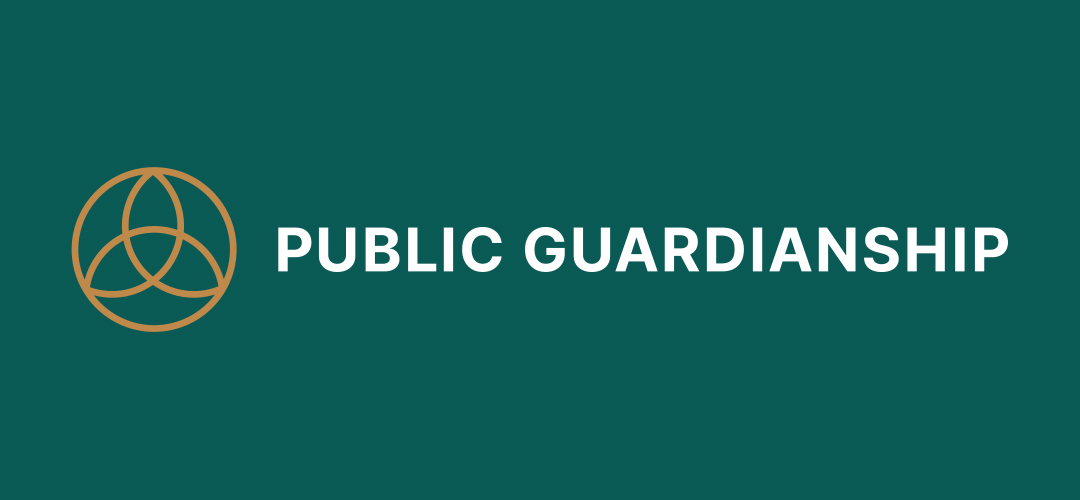Information about public guardianship
A guardian or a donee appointed under a lasting power of attorney may be necessary when a person's mental capacity has degraded due to a serious illness or old age to the degree that he or she is no longer capable of protecting his or her interests or taking care of his or her personal affairs.
A guardian is appointed by the Digital and Population Data Service Agency or a court. A private person such as a close relative or another close person may act as a guardian.
The Digital and Population Data Service Agency or the district court may also appoint a public guardian to act as the guardian. The public guardian is usually a public official employed by a public guardianship office. In some regions, a public guardian employed by a provider of outsourced services may also act as a public guardian.
A donee is always a private person. A donee may oversee the interests of a certain person, if this person himself or herself, i.e. the donor, has made a lasting power of attorney in case of a future loss of mental capacity.
The Digital and Population Data Service Agency provides advice and guidance in the procedure for appointing a guardian.



